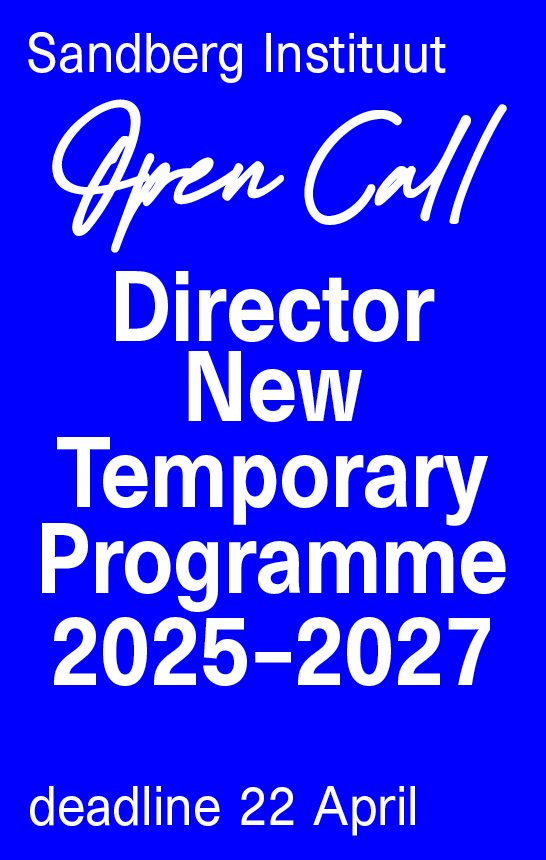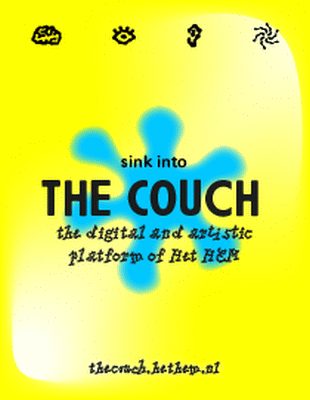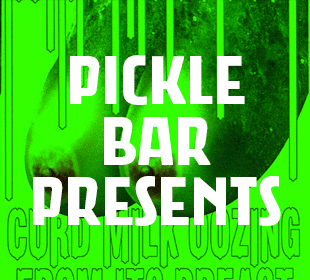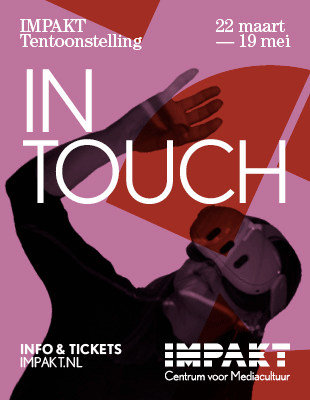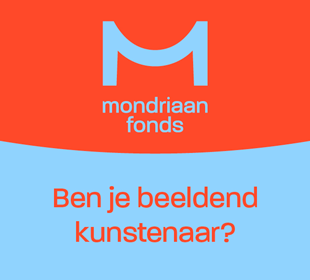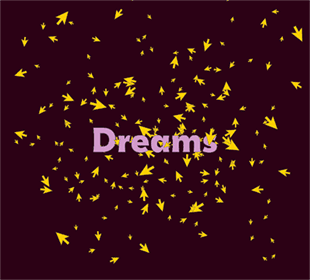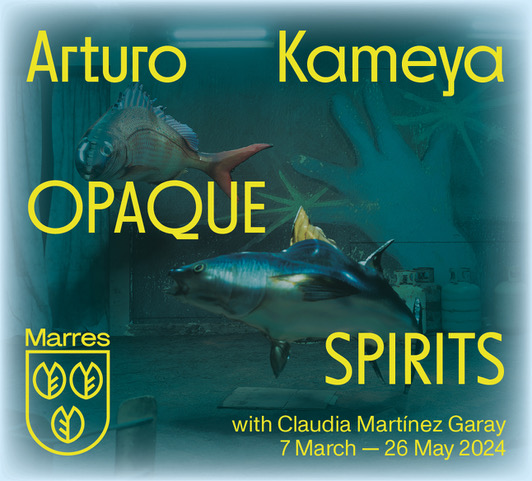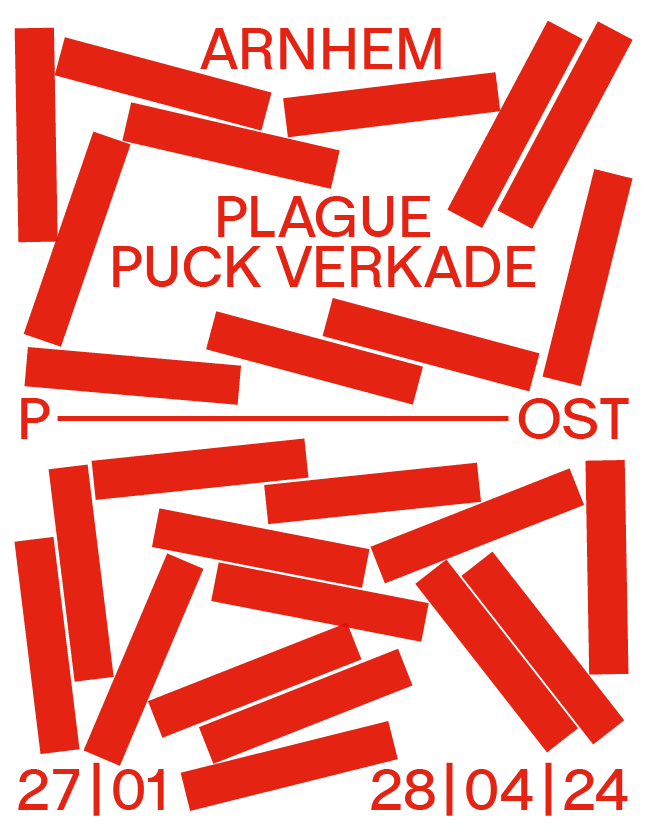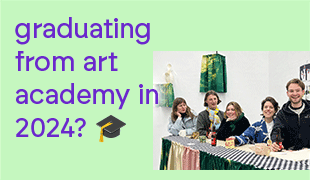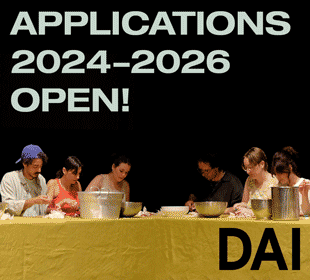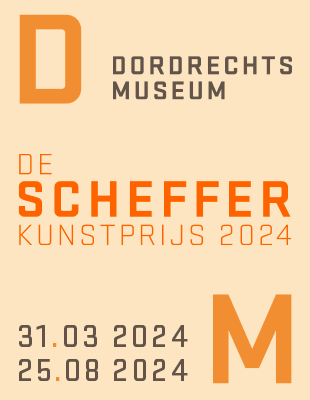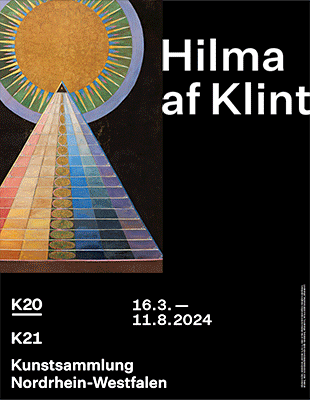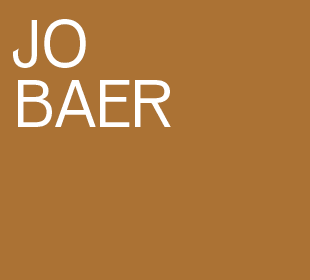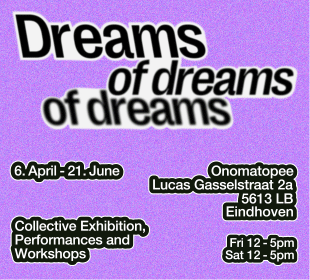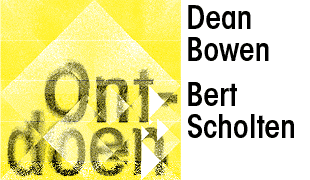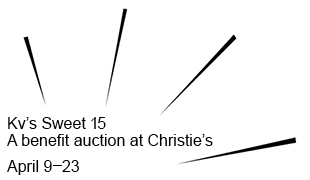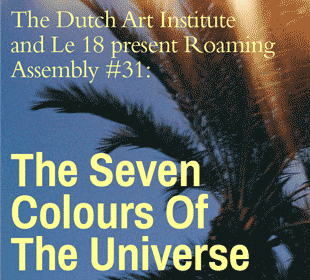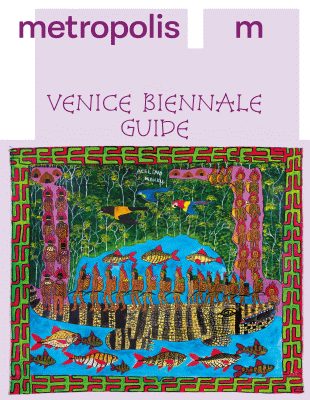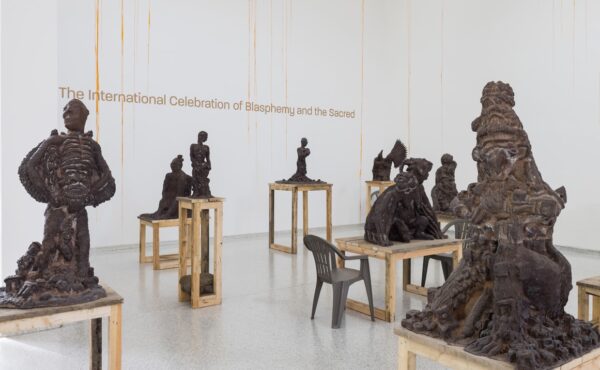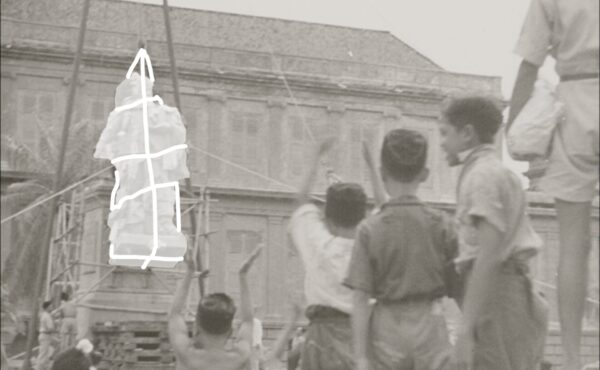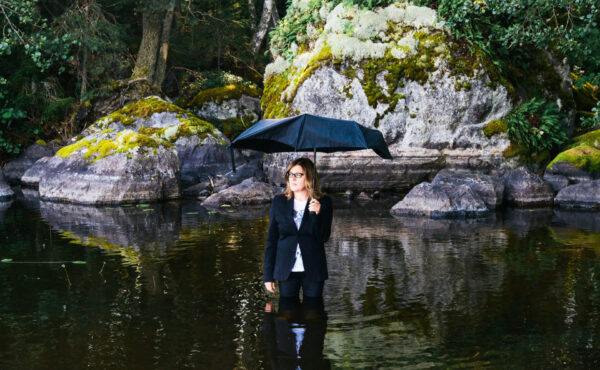DUTCH ART INSTITUTE
Master of Fine Art Programme, Arnhem
Every once in a while educational programmes are subjected to assiduous inquiries, whether they are executed by audit panels steered by the government or by independent advisors commissioned by other powers that be. When, in the course of such an endeavour, a representative group of alumni from the Dutch Art Institute (DAI) was asked to epitomize the very essence of the master programme they had attended, they came up with the qualification ‘DAI = real’.
With the word ‘real’, they were hinting at a state of being that pertains to DAI’s approach: firmly rooted in the reality of making work, but also in invested encounters with one another and with the world around us. DAI’s radical commitment to such encounters cannot be captured easily in the formal description of the elaborate and serious research programme which DAI – regardless of its more unruly ideals – also is.
DAI abstract: ‘Focusing on visual arts, but explicitly granting attention to the crossings and interactions with other disciplines and knowledges, DAI, the Master of Fine Art at the ArtEZ Faculty of Art and Design, provides emerging artists and other practitioners with a two-year English taught programme that enables them to deepen their exploration of theoretical, conceptual, curatorial and productional aspects of art, both at the forefront and at the fringes of contemporary practice. DAI aims to promote new perspectives on collaboration and exchange, production and distribution, ethics and aesthetics and brings together practitioners from all over the world, a “fleeting” community committed to art, knowledge production, beauty and resistance to “capitalist realism”…’1
On a more concrete level, there are three distinctive features that mark DAI’s unique profile:
1. The DAI-week phenomenon Rather than requiring its students to be present on a daily basis, DAI offers an alternative educational environment: students, faculty and invited guests take part in monthly, one-week-long residential programmes that last from early morning until late at night. The ‘DAI-week’ is structured by a dense interweaving of seminars, reading groups, publishing classes, lectures, performances, presentations and face-to-face conversations. This highly concentrated time functions as a pressure cooker for a collective exchange of knowledge that accumulates throughout the year, with every month’s gathering. Students are expected to continue developing their independent research while engaging with DAI’s discursive input, workshops and support structure.
During DAI-weeks, everybody involved is accommodated in Arnhem. In-house lunches and dinners with students, faculty and guests are important shared moments that mark the communal aspirations of the programme.
2. DAI and its associates constitute an ‘interface’ between academic life and the professional fieldCommissioned and hosted by DAI, the long-time partners If I Can’t Dance, I Don’t Want To Be Part Of Your Revolution (Amsterdam), the Van Abbemuseum (Eindhoven) and Casco, Office for Art, Theory and Design (Utrecht), curate and tutor one- or two-year projects that are vital to DAI’s curriculum. These art institutions each have their own perspective and scale, and accordingly offer a variety of projects that ground and locate artistic practice within the institutional arena, directly involving students in their current programmes and stimulating thinking as well as doing.
3. DAI as Roaming Academy Reinforcing its structure of monthly meetings in Arnhem, DAI as Roaming Academy offers an itinerant programme that combines courses in the Netherlands with travel abroad. Since 2004, collaborations with various institutions throughout the world have for instance brought students and faculty to Beirut, Taipei, Damascus, Bilbao, Teheran, Nanjing, Dublin, Bangalore, Diyarbakir, Yerevan, Gdansk, Khartoum, Murcia, Liverpool, and Dakar. DAI’s location in Arnhem, more or less under the lee of the art world, works to strengthen its sensitivity to the complexities inherent to the realities of other peripheries. It is through these encounters amongst each other and with collaborators on a local and a global scale that DAI aims to express and refine its constituent of ‘being real’.
For more information, see www.dutchartinstitute.eu
Gabriëlle Schleijpen
Head of Program, DAI
1. In his similarly titled 2009 publication, Mark Fisher analyzes ‘capitalist realism’ as a lived ideological framework that presents itself as the only realistic political-economic system that there is. He refrains from giving easy alternatives, but does offer glimpses of other potential realities for living.

